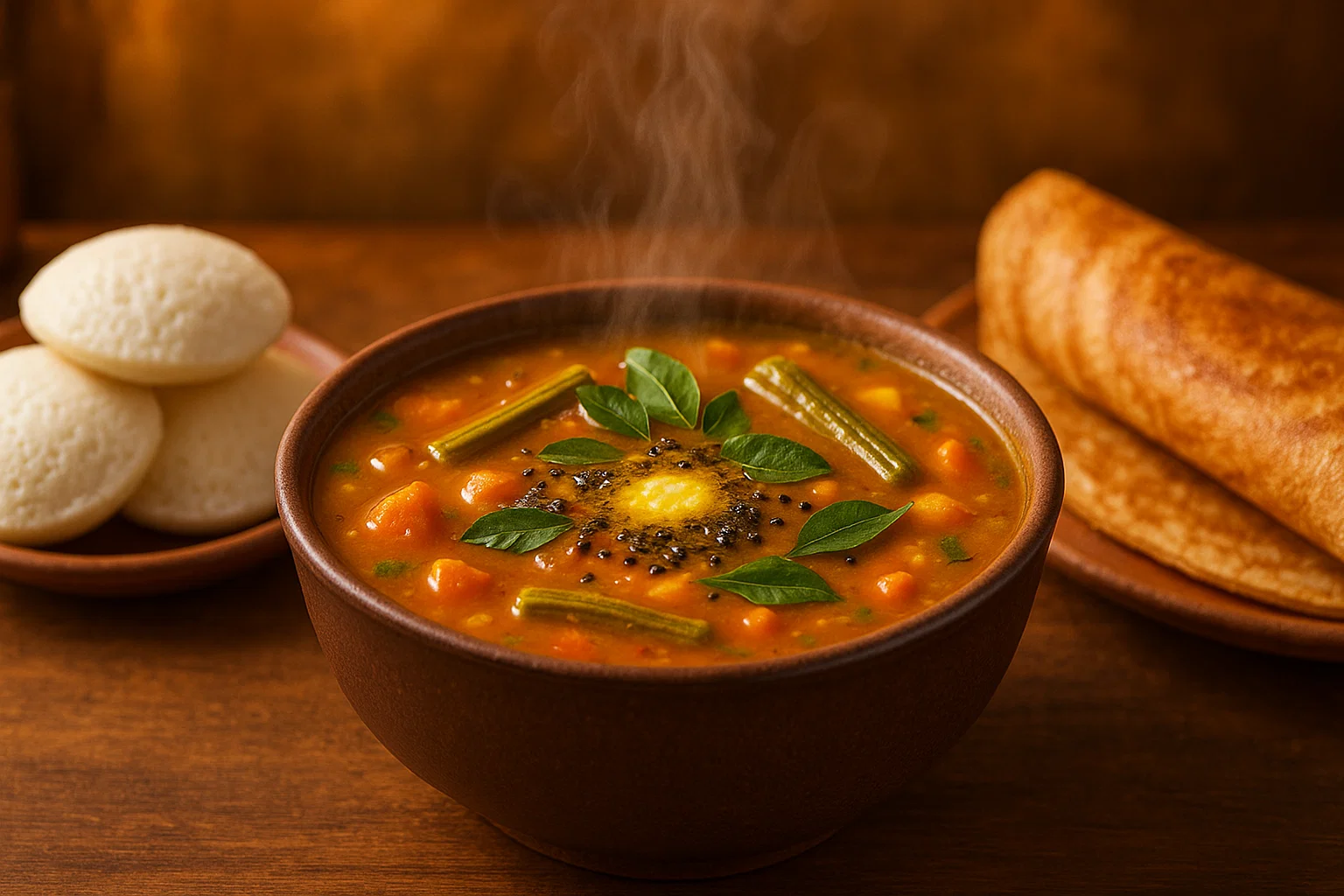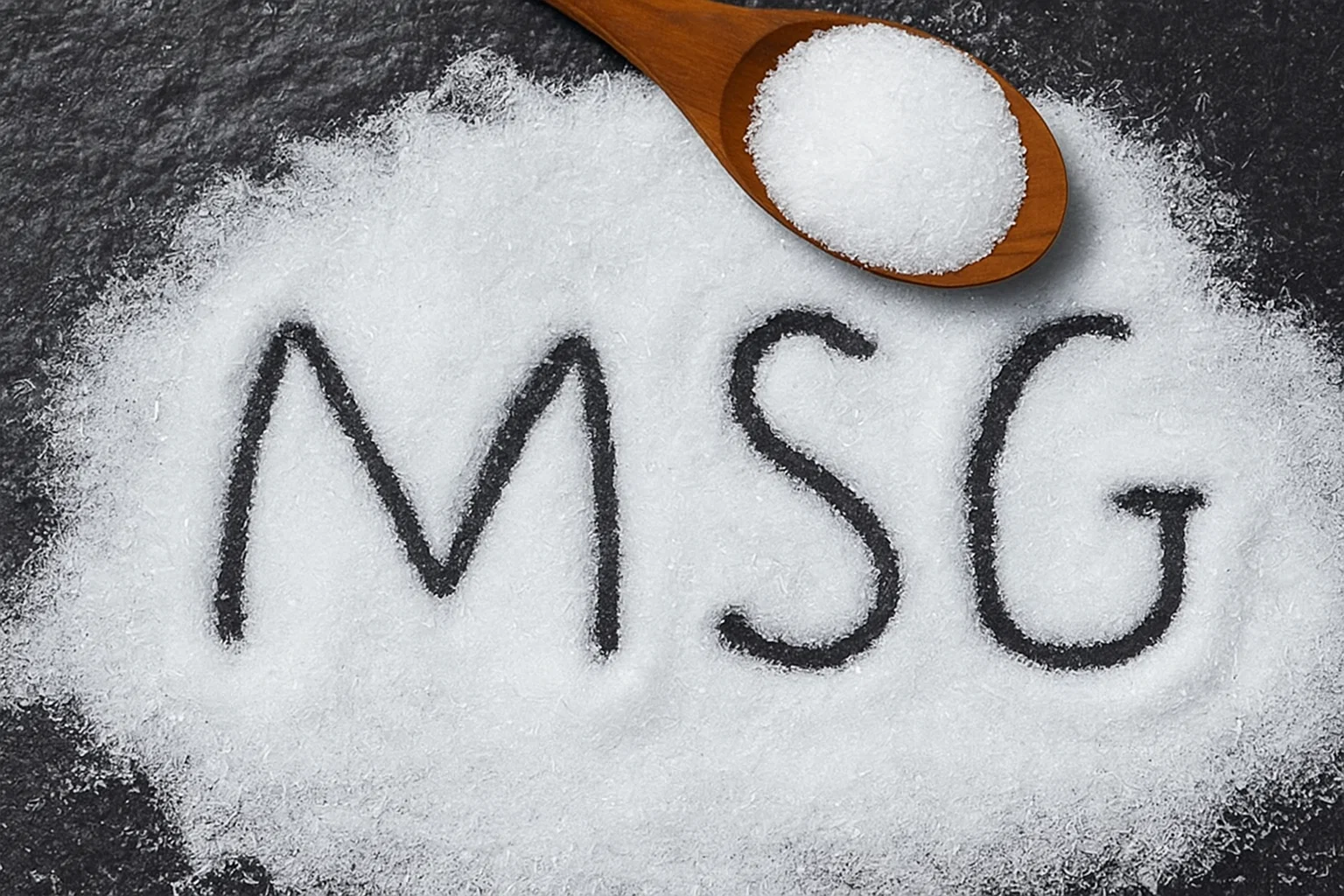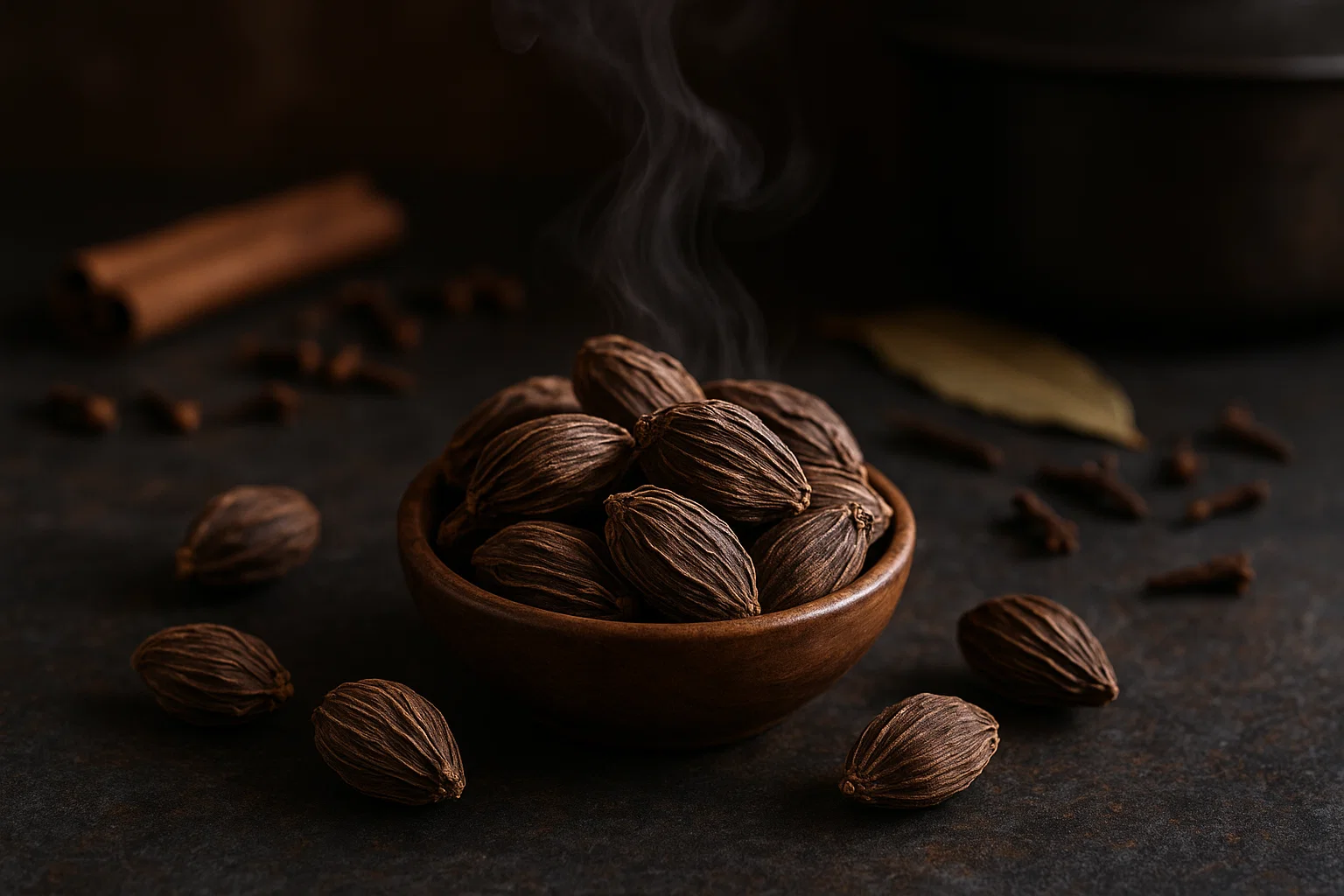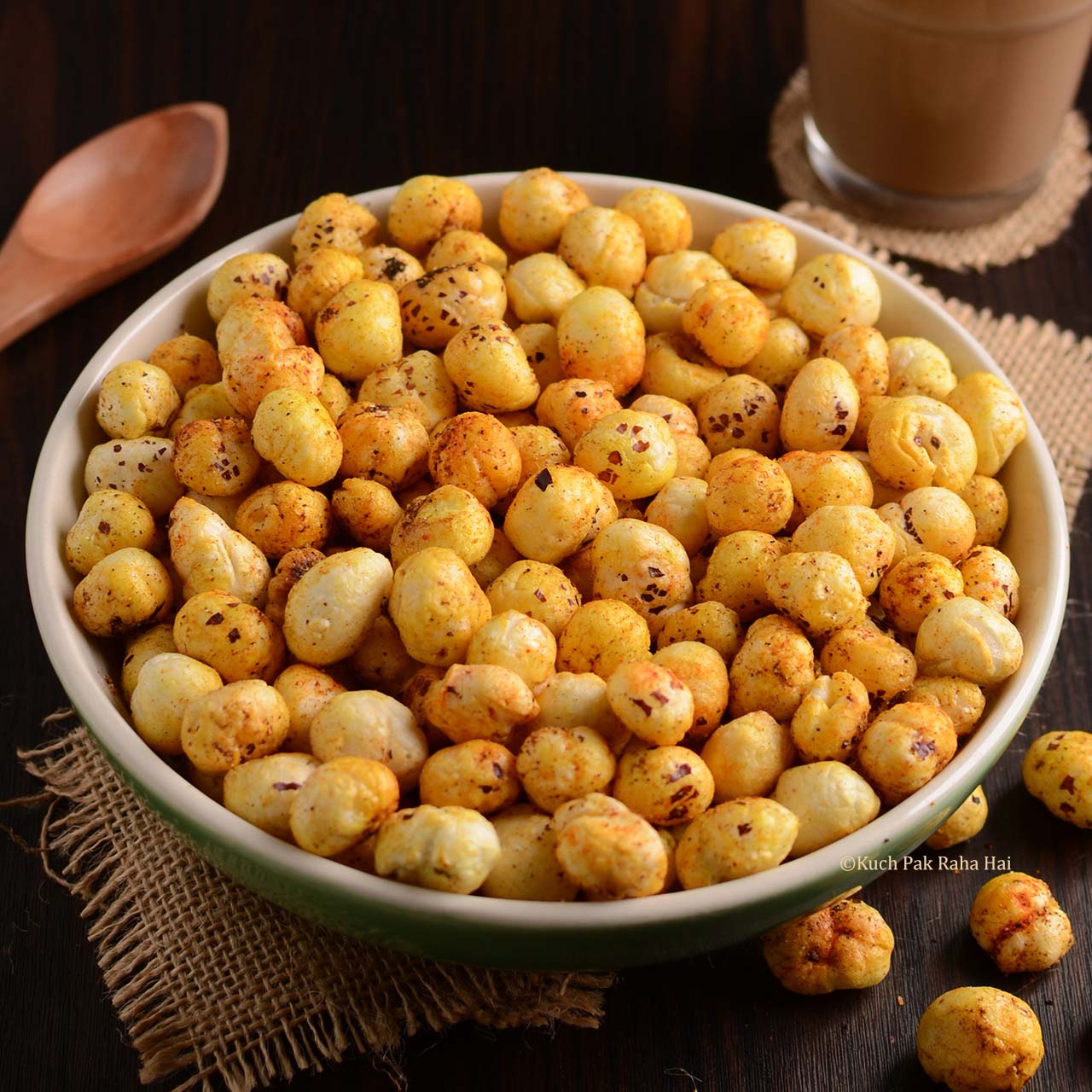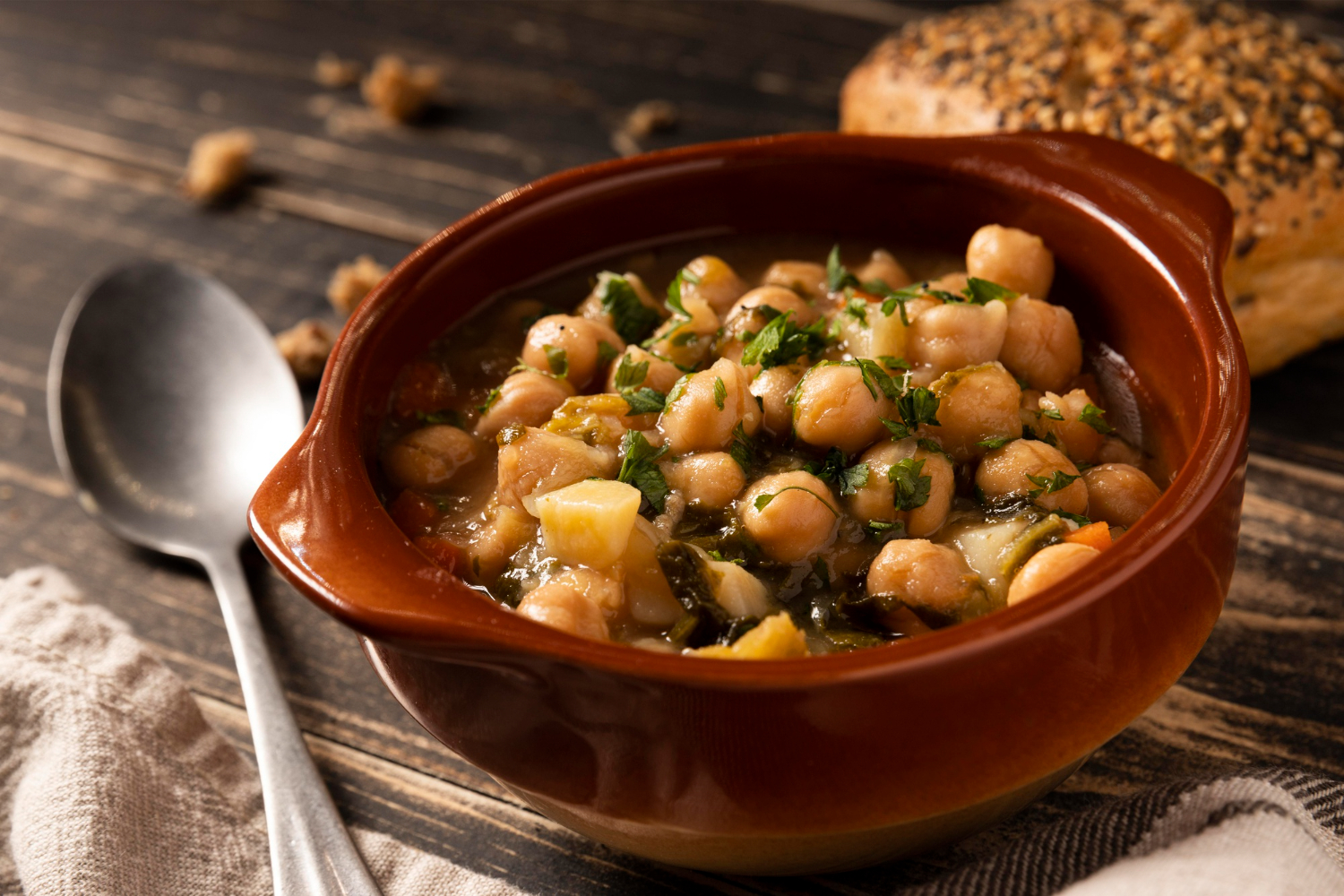Jeera Powder vs Whole Cumin: Which One Should You Use in Cooking
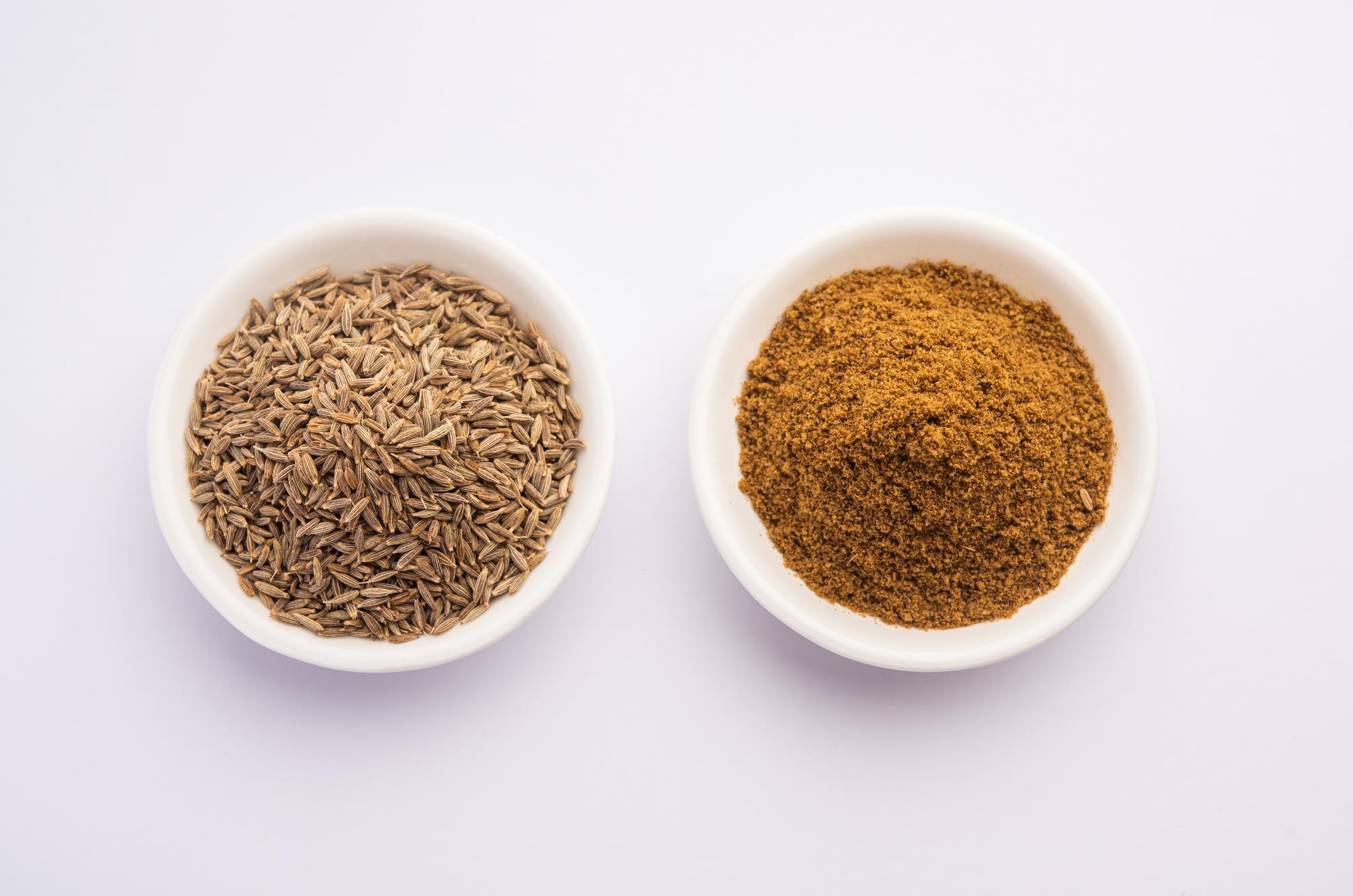
Strong 8k brings an ultra-HD IPTV experience to your living room and your pocket.
Cumin, or jeera as it’s lovingly called in Indian kitchens, is one of those spices that quietly does all the heavy lifting in a dish. Whether you're making a simple dal or an elaborate curry, cumin adds an earthy warmth and depth of flavor that makes a dish complete. But here’s a question many home cooks and seasoned chefs often ponder: Should you use whole cumin seeds or jeera powder?
If you’ve ever hesitated over this decision while cooking, you’re not alone. The choice between whole cumin and jeera powder isn’t just about convenience—it’s about how they behave in your dish, how they interact with other ingredients, and what final flavor profile you’re aiming for. Let’s break it down so you can make the best choice every time.
Understanding the Difference: Whole Cumin vs Jeera Powder?
Whole cumin seeds and jeera powder come from the same spice but have distinct characteristics that make them suitable for different cooking techniques.
- Whole Cumin Seeds: These tiny, elongated seeds have a nutty, peppery flavor with a hint of citrus. When toasted, they release essential oils that enhance their aroma and depth.
- Jeera Powder (Ground Cumin): This is simply whole cumin that has been roasted and ground into a fine powder. It has a more intense, slightly smoky taste and blends seamlessly into sauces, soups, and spice mixes.
When to Use Whole Cumin Seeds?
Whole cumin seeds shine when they are tempered—a technique where spices are briefly fried in hot oil or ghee to unlock their full flavor. This is an essential step in Indian cooking, known as “tadka” or “chhonk.”
Best Dishes for Whole Cumin:
- Tadka for Dals & Curries – Heat a little ghee or oil, toss in cumin seeds, and let them sizzle before adding onions, garlic, or tomatoes. This simple step adds layers of flavor to dals and curries.
- Rice Dishes – Whole cumin enhances the aroma of jeera rice, biryanis, and pulaos.
- Roasted Vegetables & Meats – Tossing whole cumin seeds with root vegetables like carrots or potatoes before roasting brings out their natural sweetness.
- Soups & Broths – Adding whole cumin to simmering broths allows the flavor to infuse gradually.
- Pickles & Chutneys – Cumin seeds add a crunchy, warm element to pickles and spicy chutneys.
Pro Tip: For a deeper, more complex taste, dry-roast cumin seeds before using them. Simply heat a dry pan, add the seeds, and stir until they darken slightly and become fragrant.
When to Use Jeera Powder?
Jeera powder is best for blending flavors smoothly into dishes without the texture of whole seeds. It works exceptionally well in recipes where even distribution is key.
Best Dishes for Jeera Powder:
- Gravies & Sauces – A must-have in masala bases for curries and stews.
- Dry Spice Mixes – Perfect for spice blends like garam masala, chaat masala, or taco seasoning.
- Yogurt-Based Dishes – A pinch of roasted jeera powder elevates raitas and buttermilk.
- Marinades & Rubs – Works wonderully in marinades for chicken, paneer, and kebabs.
- Snacks & Street Food – Adds a burst of flavor to chaats, sev puri, and dahi vada.
Pro Tip: Always roast cumin before grinding to bring out its rich, warm flavors. Store it in an airtight container to retain freshness.
Can You Substitute One for the Other?
Technically, yes! If a recipe calls for jeera powder and you only have whole cumin, dry-roast the seeds and crush them with a mortar and pestle. If you need whole cumin but only have powder, try adding it later in the cooking process to avoid burning it.
Conversion Guide:
- 1 teaspoon whole cumin = ¾ teaspoon jeera powder
- 1 teaspoon jeera powder = 1 ¼ teaspoon whole cumin (roasted & crushed)
How to Store and Maintain Freshness?
- Whole Cumin: Store in an airtight container in a cool, dry place for up to a year.
- Jeera Powder: Loses its potency faster. Best used within 3-4 months for peak flavor.
FAQs
1. Is there a taste difference between whole cumin and jeera powder?
Yes! Whole cumin has a more pronounced nutty and citrusy note, while jeera powder has a concentrated, slightly smoky taste due to roasting.
2. Can I use cumin seeds and jeera powder together in one dish?
Absolutely! Many recipes start with whole cumin in the tempering stage and later add jeera powder for a layered depth of flavor.
3. What’s the best way to grind cumin at home?
For fresh jeera powder, dry-roast whole cumin seeds, let them cool, and grind them using a spice grinder or a mortar and pestle.
4. Does cumin help with digestion?
Yes! Cumin is well-known for its digestive benefits and is often used in Ayurvedic remedies for bloating and indigestion.
5. Why does my cumin taste bitter?
Over-roasting or burning cumin (whether seeds or powder) can turn it bitter. Always roast on low heat and stir continuously.
Final Thoughts
Both whole cumin and jeera powder have their special place in cooking. Think of them as complementary rather than interchangeable—whole cumin for tempering and texture, jeera powder for blending and depth. Once you master when to use each, your dishes will taste more balanced, flavorful, and aromatic.
So next time you're in the kitchen, make an intentional choice between whole cumin and jeera powder, knowing exactly how each will elevate your dish. Happy cooking!
Note: IndiBlogHub features both user-submitted and editorial content. We do not verify third-party contributions. Read our Disclaimer and Privacy Policyfor details.



